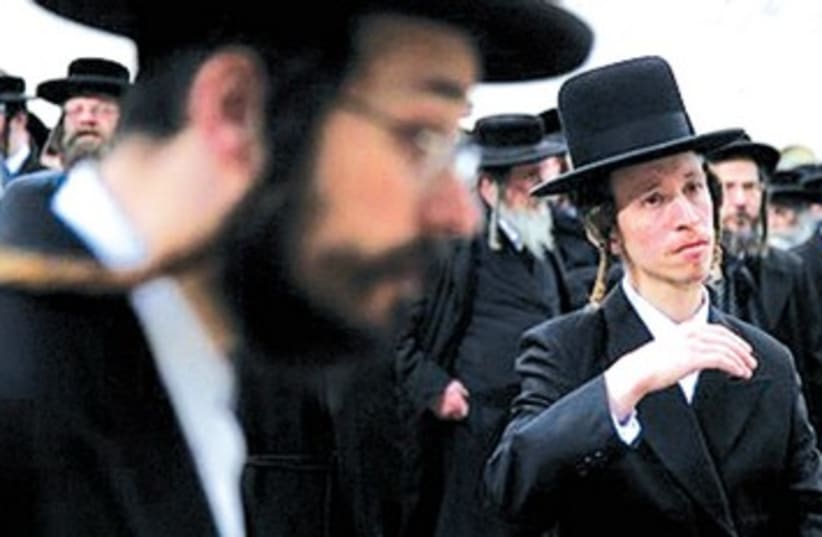Think about it: ‘Yotzim Beshe’ela’ – Those who drop the religious way of life
The current situation discourages many thousands of people in the haredi community from leaving, imprisoning them in a community in whose premises and values they no longer believe.
